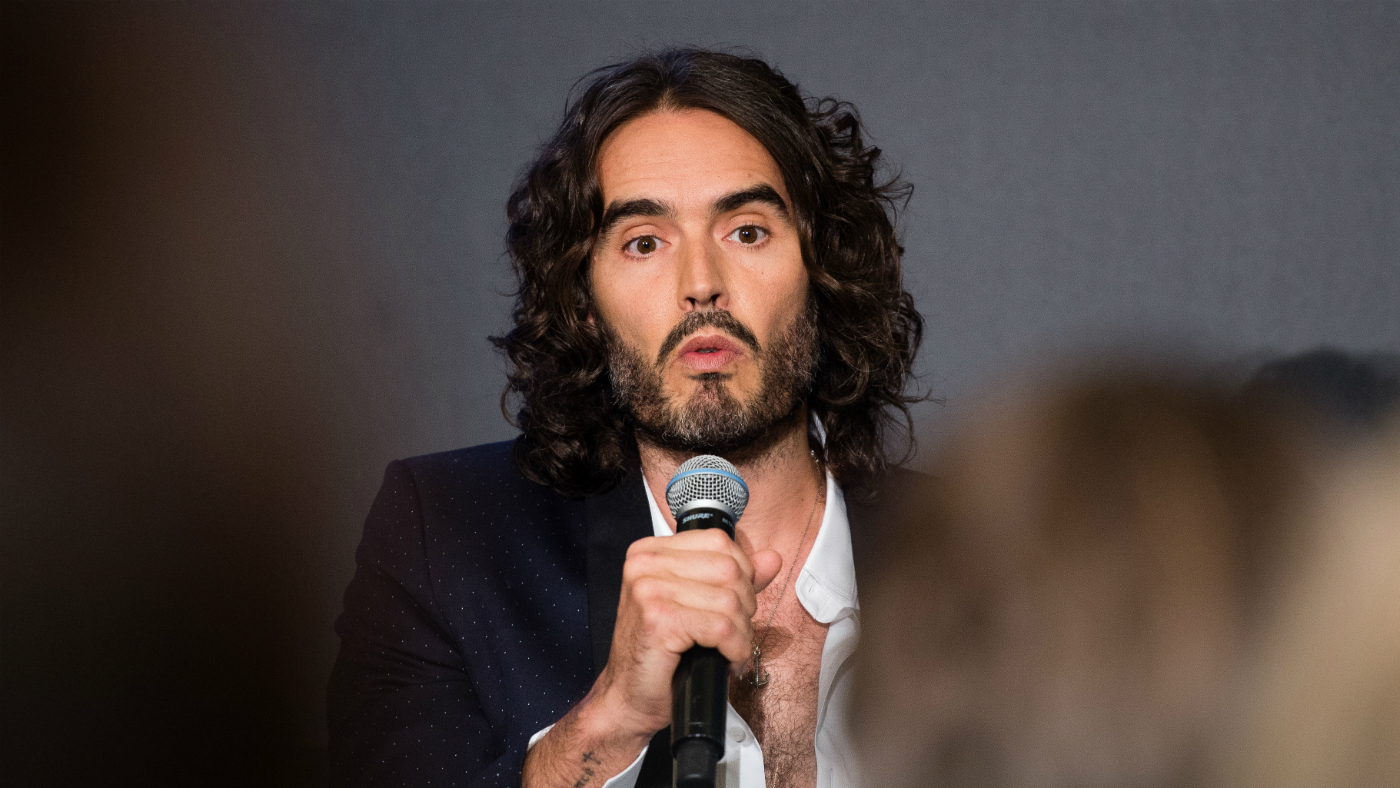Give sex addicts more help from NHS, says charity
Relate says the addiction can have a ‘crippling effect’ on sufferers’ lives

A free daily email with the biggest news stories of the day – and the best features from TheWeek.com
You are now subscribed
Your newsletter sign-up was successful
Relationship charity Relate is calling for the NHS to offer more help and treatment for sex addicts.
The charity describes the condition as “any sexual activity that feels out of control”, which can include practices such as viewing pornography, masturbation, visiting prostitutes, and experiencing excessive sexual fantasies.
Although some experts have cast doubt over the existence of the disorder, Relate insists that “being sexually addicted is not defined by the activity itself but by the possible negative effect on the individual’s quality of life and on those around them”, which makes it harder to classify the condition.
The Week
Escape your echo chamber. Get the facts behind the news, plus analysis from multiple perspectives.

Sign up for The Week's Free Newsletters
From our morning news briefing to a weekly Good News Newsletter, get the best of The Week delivered directly to your inbox.
From our morning news briefing to a weekly Good News Newsletter, get the best of The Week delivered directly to your inbox.
Russell Brand and Ozzy Osbourne are among the celebrities who have claimed to suffer from sex addiction.
Speaking to the BBC, Relate spokesperson Peter Saddington said that while therapy and support for sex addicts is available, most of it is privately run.
“For alcoholics, there is Alcoholics Anonymous, but they can also go to the NHS [which] provides support for people who have alcohol or drug problems,” Saddington said.
“It would be appropriate that [sex addicts] can go to their GP and get support, because it has a crippling effect both on them, on relationships, on their families, their financial situation and their mental health. [Addicts] realise it is causing harm, but they can’t stop and they recognise they need help in changing it.”
A free daily email with the biggest news stories of the day – and the best features from TheWeek.com
A Department of Health and Social Care spokesperson said: “People who think they may have a sex addiction can seek advice and help via NHS Choices, which includes contacts at Relate, Sexaholics Anonymous, SAA [Sex Addicts Anonymous] and ATSAC [the Association for the Treatment of Sexual Addiction and Compulsivity].”
According to the findings of questionnaire completed by 21,058 people since 2013 on the Sex Addiction Help website, 91% of those seeking help for sex addiction were male. A total of 31% were aged between 26 and 35, while 1% were under 16, and 8% over 55.
The World Health Organisation is expected to approve the inclusion of “compulsive sexual behaviour disorder” in its updated International Classification of Diseases (ICD) list in May 2019, the BBC reports.
-
 What to watch out for at the Winter Olympics
What to watch out for at the Winter OlympicsThe Explainer Family dynasties, Ice agents and unlikely heroes are expected at the tournament
-
 Properties of the week: houses near spectacular coastal walks
Properties of the week: houses near spectacular coastal walksThe Week Recommends Featuring homes in Cornwall, Devon and Northumberland
-
 Will Beatrice and Eugenie be dragged into the Epstein scandal?
Will Beatrice and Eugenie be dragged into the Epstein scandal?Talking Point The latest slew of embarrassing emails from Fergie to the notorious sex offender have put her daughters in a deeply uncomfortable position
-
 A real head scratcher: how scabies returned to the UK
A real head scratcher: how scabies returned to the UKThe Explainer The ‘Victorian-era’ condition is on the rise in the UK, and experts aren’t sure why
-
 How dangerous is the ‘K’ strain super-flu?
How dangerous is the ‘K’ strain super-flu?The Explainer Surge in cases of new variant H3N2 flu in UK and around the world
-
 The ‘menopause gold rush’
The ‘menopause gold rush’Under the Radar Women vulnerable to misinformation and marketing of ‘unregulated’ products
-
 How the care industry came to rely on migrant workers
How the care industry came to rely on migrant workersThe Explainer Government crackdown on recruiting workers abroad risks deepening care sector crisis, industry leaders warn
-
 Could medics' misgivings spell the end of the assisted dying bill?
Could medics' misgivings spell the end of the assisted dying bill?Today's Big Question The Royal College of Psychiatrists has identified 'serious concerns' with the landmark bill – and MPs are taking notice
-
 Washwood Heath: Birmingham's pioneering neighbourhood health service
Washwood Heath: Birmingham's pioneering neighbourhood health serviceIn the Spotlight NHS England chair says there is a 'really good argument this is the model for the future'
-
 The UK's first legal drug consumption room
The UK's first legal drug consumption roomThe Explainer 'Potentially transformative moment in UK drugs policy' as The Thistle opens in Glasgow
-
 How can the UK solve the adult social care crisis?
How can the UK solve the adult social care crisis?Today's Big Question New commission announced to turn our buckling care sector around: yet more delay or finally a way forward?